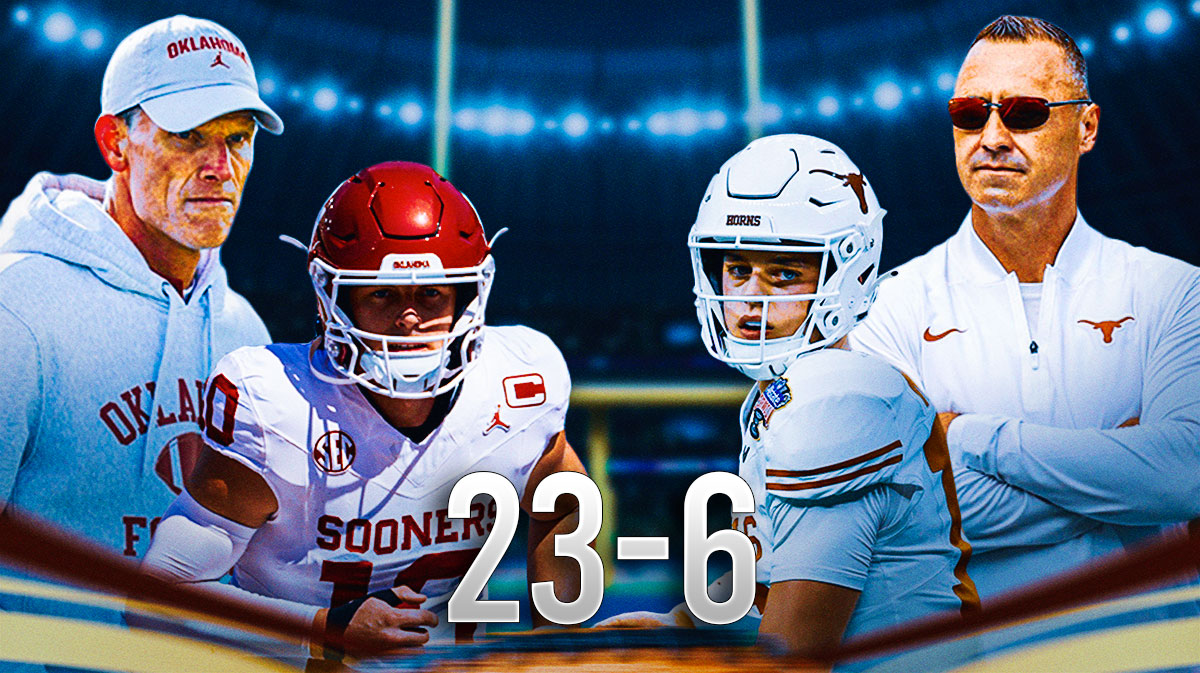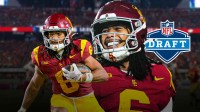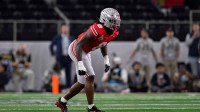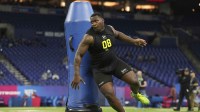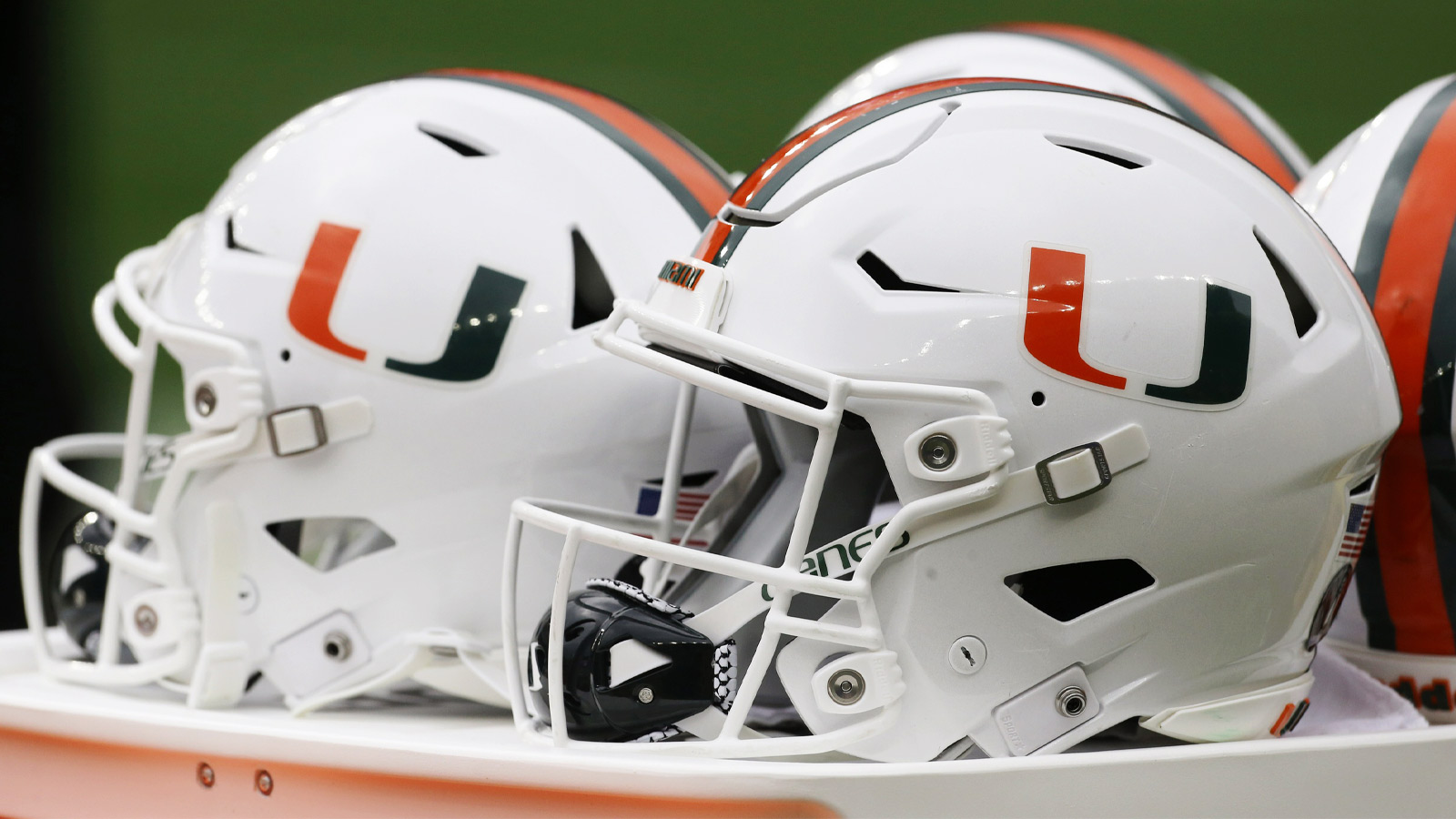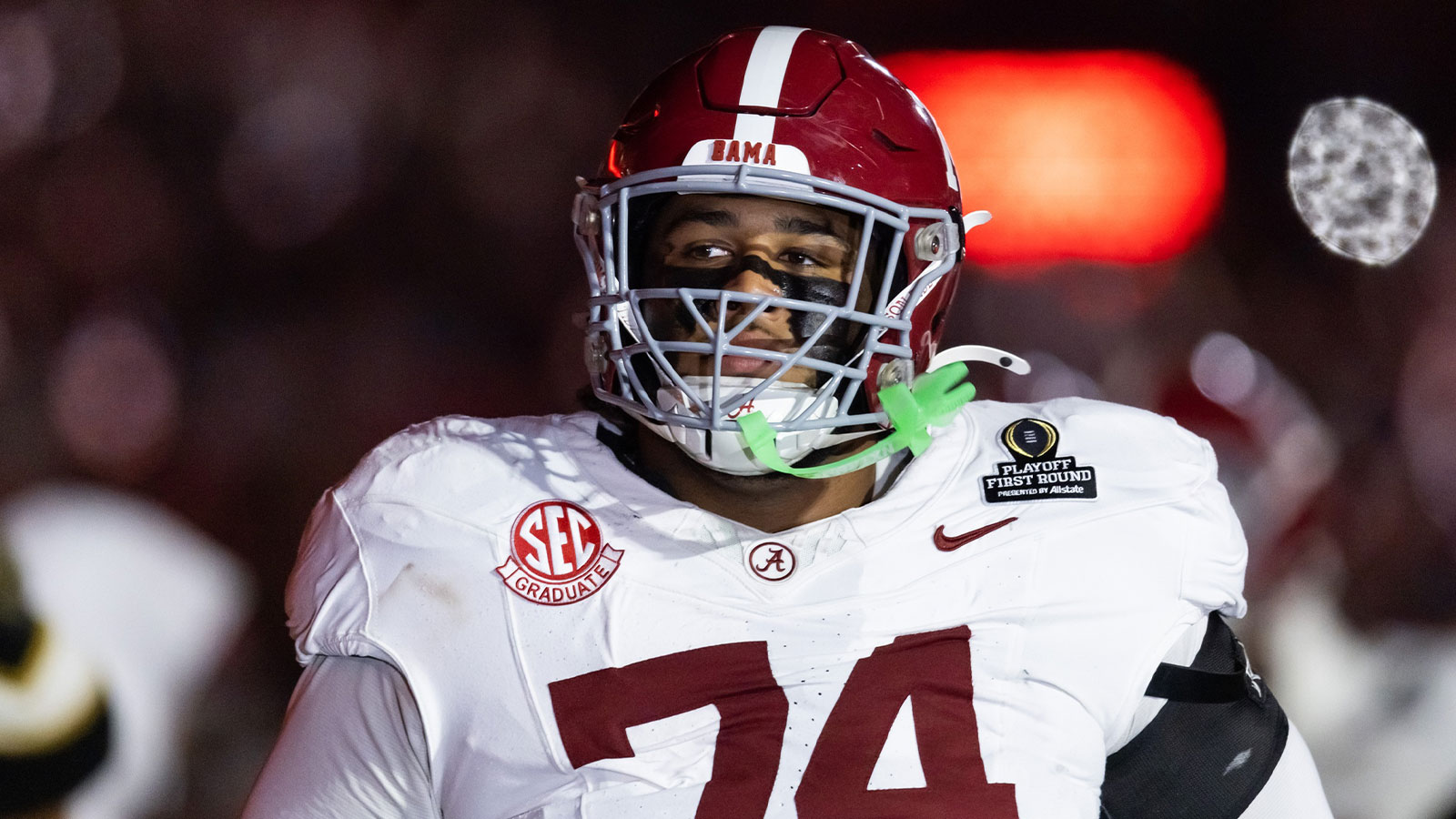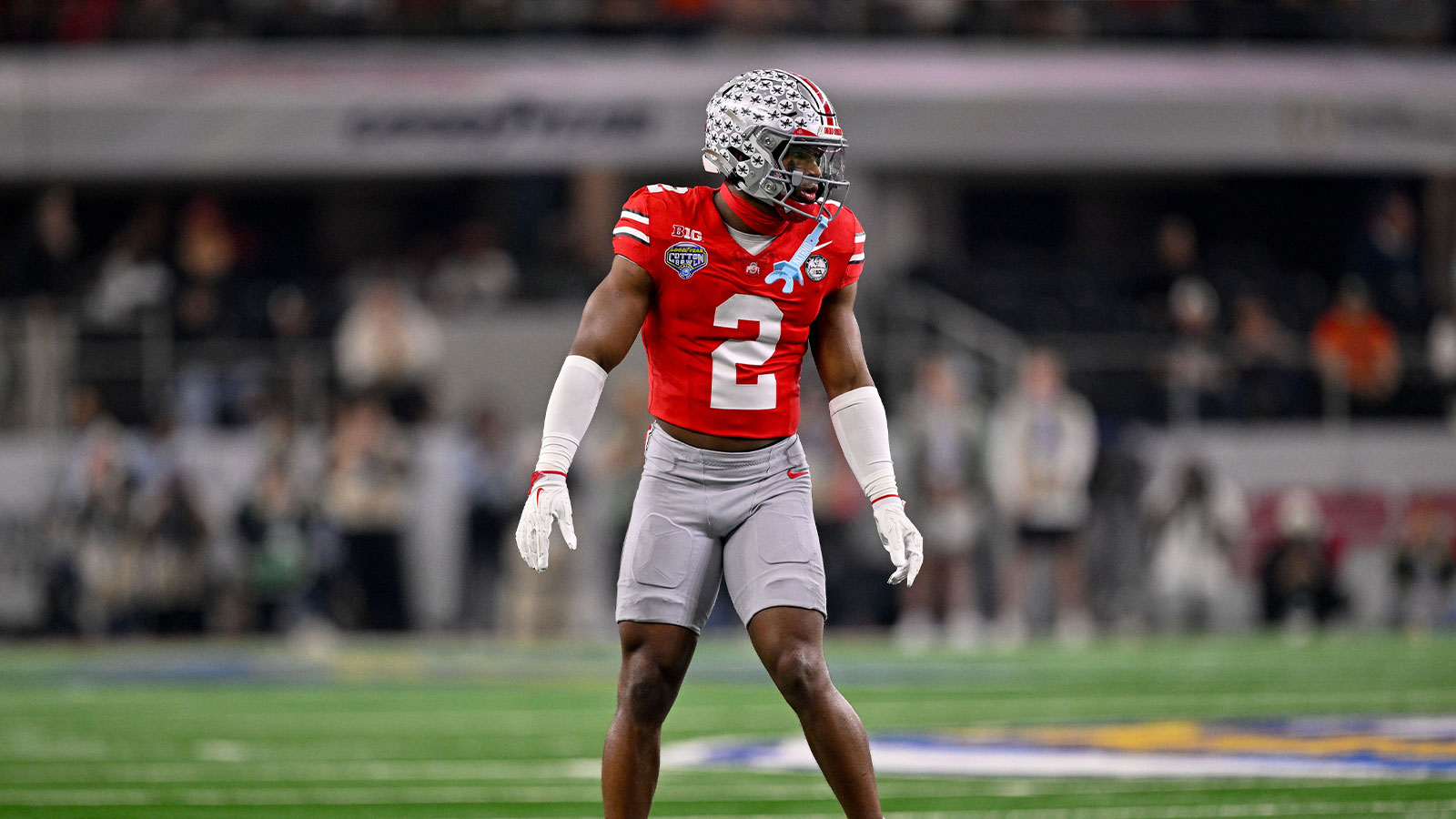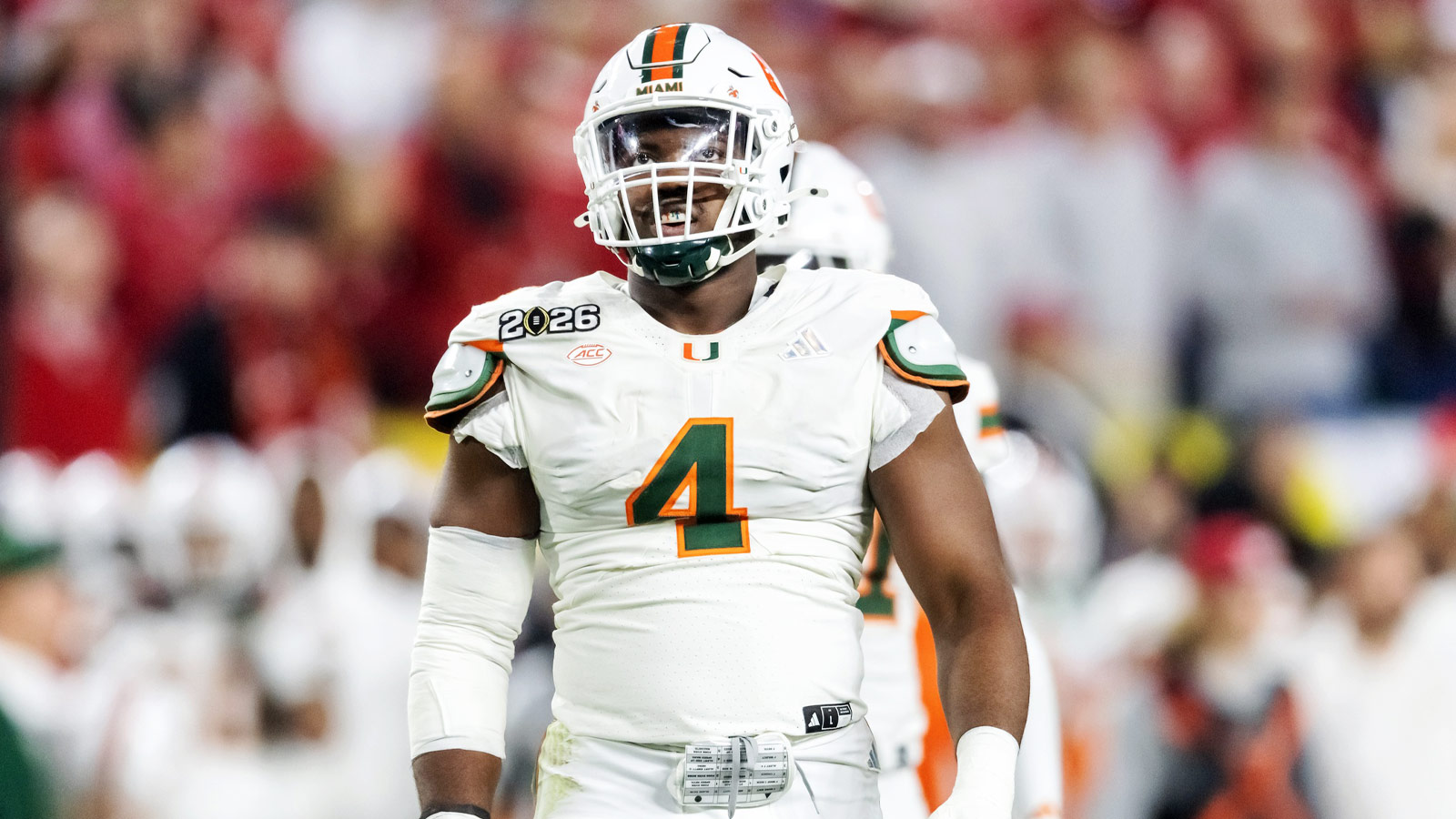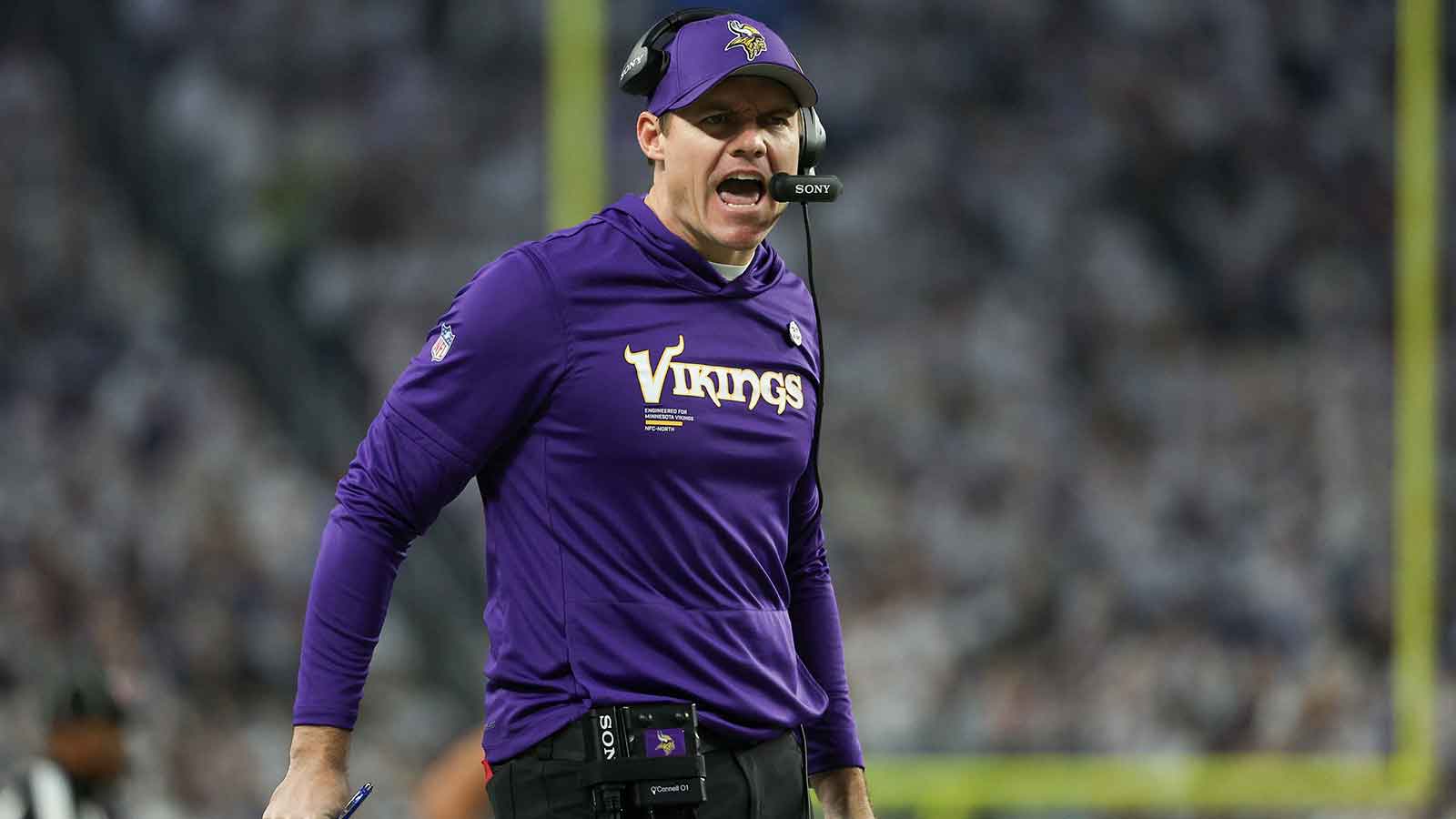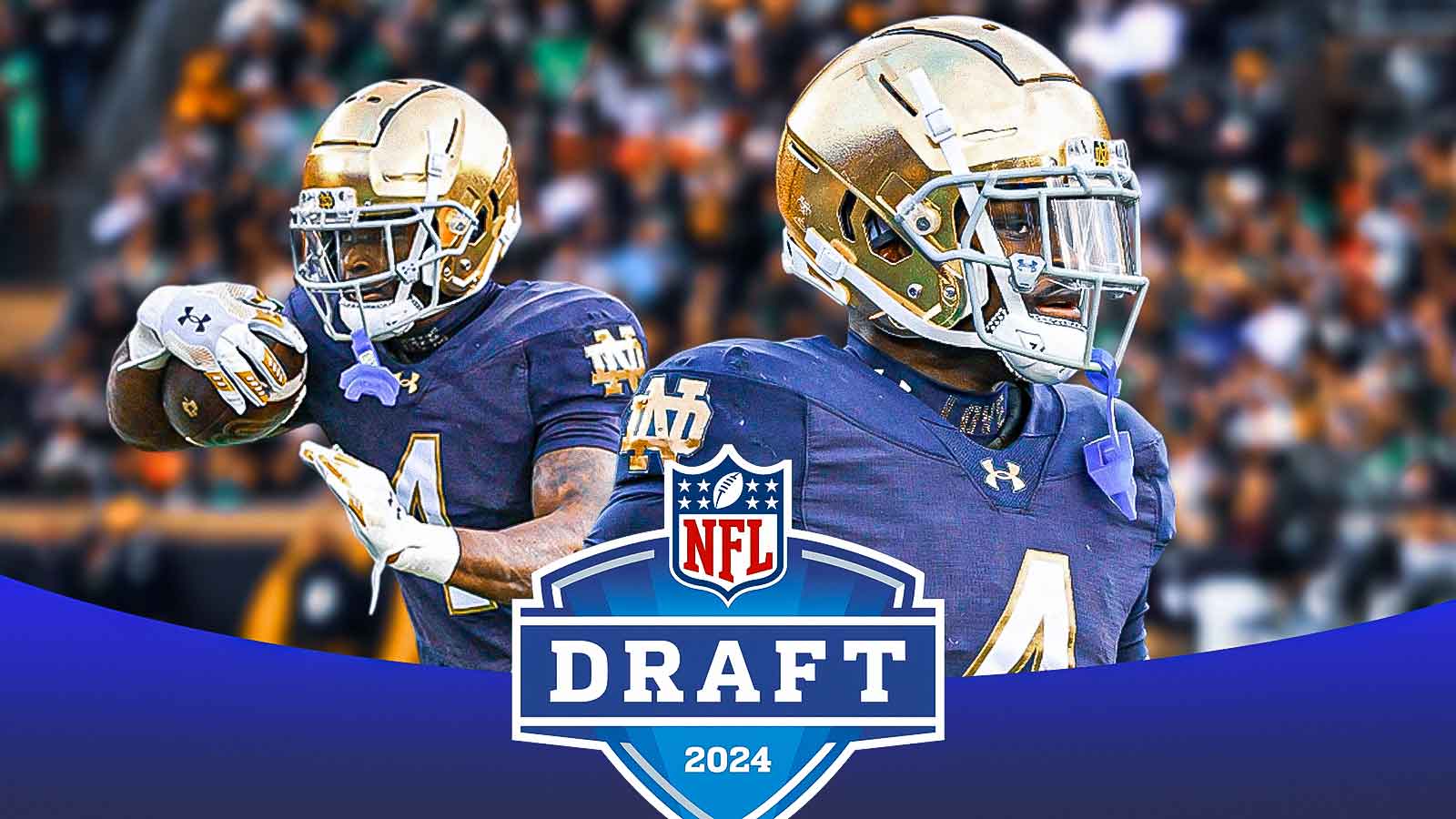On Saturday, the sixth-ranked Oklahoma Sooners lost 23-6 to the Texas Longhorns in the Red River Rivalry. For the third time in four years under head coach Brent Venables, Oklahoma failed to score a touchdown against its biggest rival. The Sooners are now 1-3 against Texas under Venables.
This wasn't just a bad day. The loss exposed serious problems with the team. Oklahoma entered the game 5-0 but couldn't handle the pressure when it mattered most.
Three main issues caused this embarrassing defeat. Each one could have been avoided with better decision-making.
Oklahoma's John Mateer wasn't ready to play
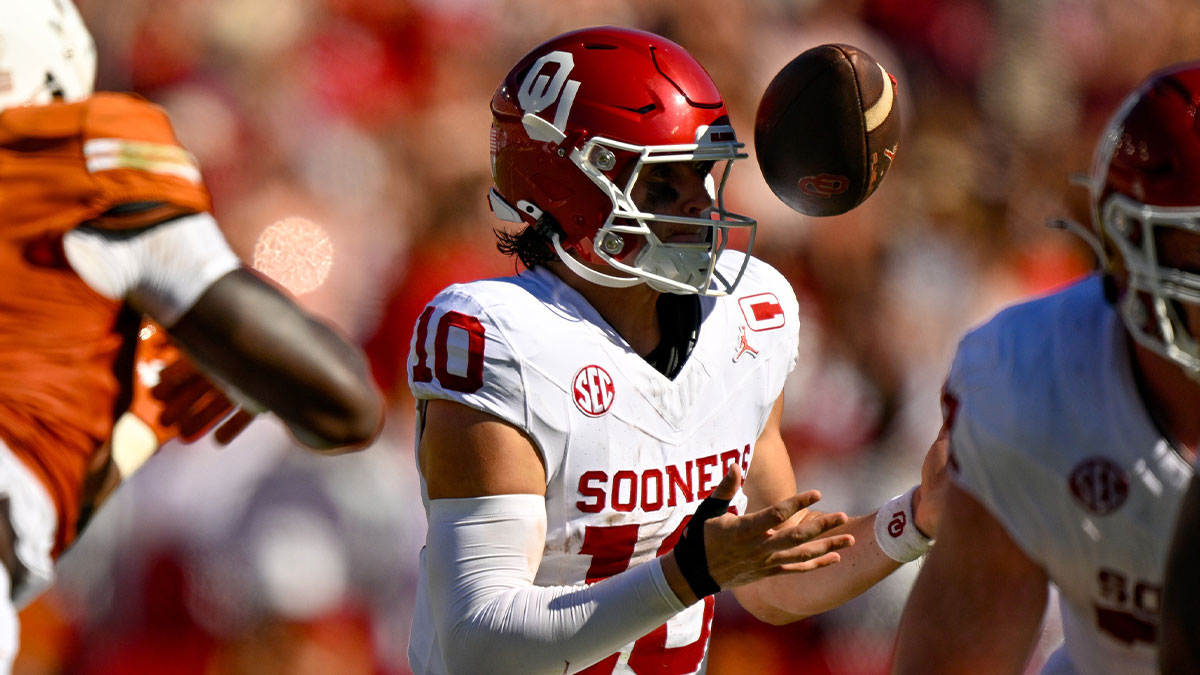
Oklahoma started quarterback John Mateer just 17 days after he had surgery on his throwing hand. This decision backfired badly. Mateer completed around 53% of his passes for 202 yards and threw three interceptions. His performance was poor, and he admitted as much after the game.
“I was physically ready, but mentally, I just didn't perform,” Mateer said after the game. “My eyes weren't as good as they needed to be. When your quarterback doesn't play good football, hard to win in this league.” The quarterback hadn't played in three weeks. His timing was off, and he made poor decisions throughout the game.
His first interception came on an overthrow to tight end Jaren Kanak. The second, with two seconds left before halftime, Mateer missed Deion Burks for a touchdown and threw an interception instead, which completely changed the momentum. The third interception came when he threw behind Isaiah Sategna, and the ball bounced off his hands to a Texas defender.
“I got to practice a good amount this week,” Mateer said. “It has nothing to do with how I performed. I was prepared, studied film the same way. I just didn't come out ready to play.”
Backup quarterback Michael Hawkins had experience in this rivalry game and had played well in limited action. The coaching staff could have started him instead.
Mateer said he wasn't ready to play at the required level, which makes this a coaching mistake. The staff should have given him more time to recover mentally, not just physically. It cost Oklahoma any opportunity to win the game.
The offensive line couldn't block anyone
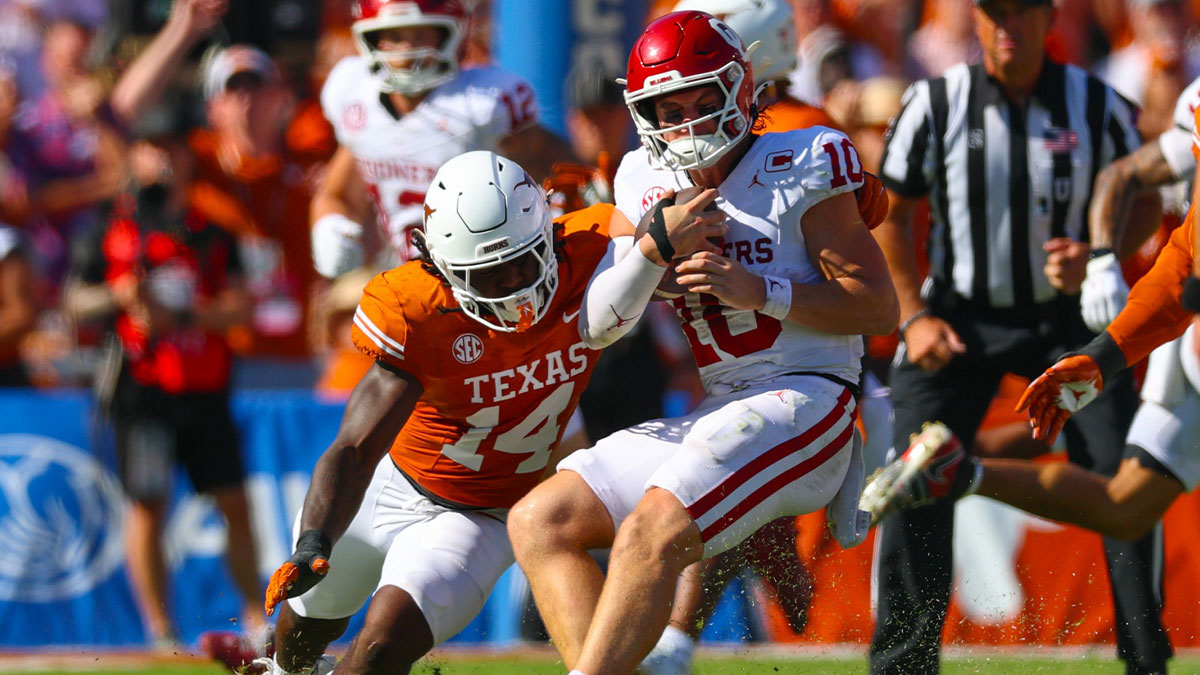
Oklahoma's offensive line had one of the worst games in recent memory. The Sooners rushed for just 48 yards on 30 carries. That's 1.6 yards per carry. The defence line couldn't protect Mateer. He was sacked five times. They couldn't create running lanes. The offensive line failed at everything.
Starting right tackle Derek Simmons left the game in the first quarter with a knee injury. Backup Logan Howland was already out injured. Third-string tackle Luke Baklenko had to play significant snaps.
Freshman left tackle Michael Fasusi was making his fourth career start. Texas's pass rush beat him repeatedly. The interior offensive line couldn't push Texas's defensive line backward at all. When you can't run the ball, the defense knows you're passing every down. This made Mateer's job impossible. Penalties made things worse. Holding calls killed drives and created long third-down situations.
The offensive line's failure created a domino effect. Without a running game, Mateer had to throw on every play. With no protection, he couldn't make accurate throws. The result was three interceptions and only six points.
This unit has talent, but injuries and poor performance destroyed any chance of success. Oklahoma couldn't establish the line of scrimmage on either side of the ball.
Poor coaching decisions throughout the game
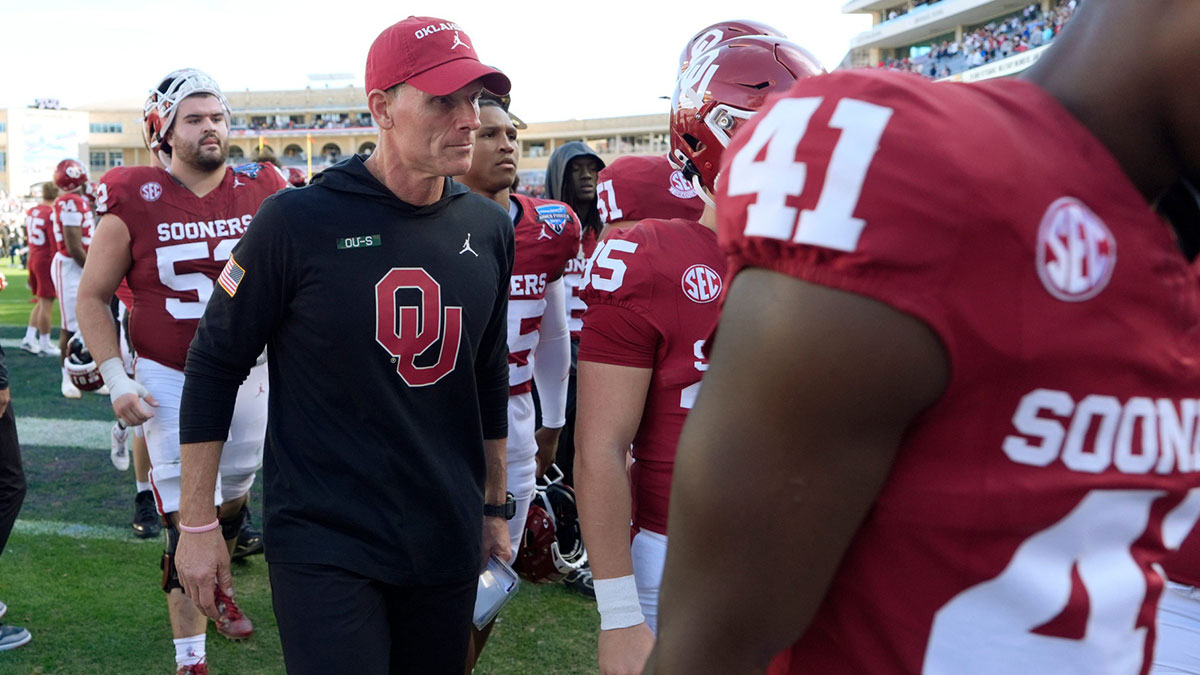
The coaching staff made several critical errors beyond rushing Mateer back from injury. Clock management at the end of the first half was particularly bad. Oklahoma had the ball at its own 45-yard line with one timeout remaining. They led 6-3 and could have extended the lead before halftime.
Offensive coordinator Ben Arbuckle called three straight running plays after the two-minute warning. On third-and-2 with 28 seconds left, he made a substitution that let Texas use more time. Oklahoma finally called a timeout with only 10 seconds remaining.
Instead of attempting a field goal, Mateer threw his second interception into the end zone. Texas got the ball back and went into halftime with momentum.
“We didn't earn the win today; Texas executed when it mattered,” Venables said in the post-game conference. “We failed to stop them on third down in the second half, which is a recipe for defeat.” Oklahoma has now lost back-to-back Red River Rivalry games for the first time since 2008-2009.
The defense ranks among the nation's best but couldn't force a single turnover. Special teams allowed Ryan Niblett to return a punt 75 yards for a touchdown. That score put the game out of reach.
“Today was a bad day but we still have a good football team,” Venables said. “Couldn't get any rhythm in the second half. They flipped the script. This one hurts for all the reasons we had opportunities.”
Oklahoma faces five straight games against AP Top 15 opponents next. The schedule doesn't get easier.
“If we are who we know we are and we believe we are, these guys will respond appropriately,” Venables said. “We'll learn from our mistakes today and need to grow from this tough loss, but I have faith that these players are fully invested.”
The loss to Texas showed that Oklahoma isn't as good as its 5-0 record suggested. The offensive line has serious problems, and the coaching staff continues to make mistakes in big games. Until these issues are fixed, Oklahoma will keep losing games like this one.

